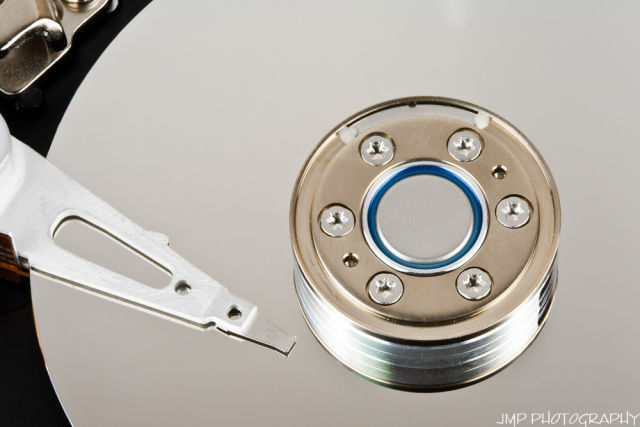
(credit: James Marvin Phelps)
The Justice Department is set to argue Wednesday before a federal appeals court that it may prosecute people for crimes based on evidence obtained from their computers—evidence that was outside the scope of an original probable-cause search warrant.
That’s a big deal in today’s digital age. Society has evolved to the point that many people keep all of their papers and effects co-mingled on their computer hard drives.
The highly nuanced legal dispute initially seems innocent enough. It concerns an accountant’s tax evasion conviction and two-year prison sentence in 2012 that was based on a court-authorized search and imaging of his computer files. Stavros Ganias’ files were copied as part of an Army overbilling investigation into one of his clients. Holding on to the imaged files for nearly three years, Connecticut authorities discovered fresh evidence unrelated to the initial search of the files and got new search warrants to investigate more of the accountant’s mirrored files that were already in the government’s possession. All the while, Ganias had subsequently deleted those files from his hard drives after the government had imaged them, according to court records.
